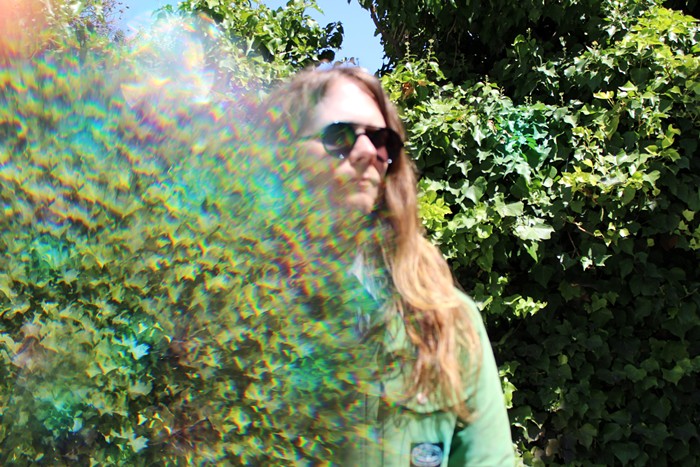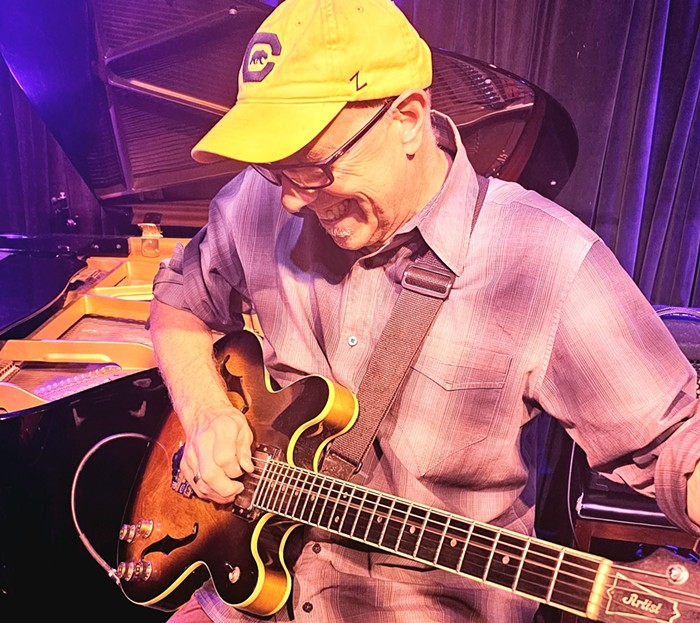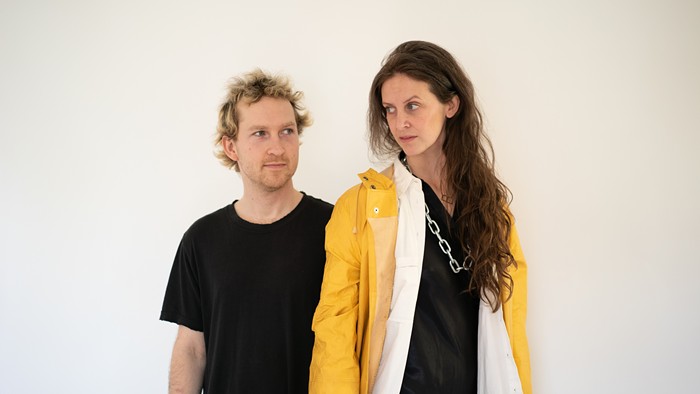WHEN FLYING NUN RECORDS celebrated its 30th anniversary in 2011, it reaffirmed not only the label's influence, but also its reach. It's uncanny, really: New Zealand—a rather small country of 4 million people—has produced a highly disproportionate amount of the greatest and most influential indie rock bands of the past three decades. Just ask any thinking human.
Bands like the Clean, the Verlaines, Straitjacket Fits, and even Portland-via-Auckland's beloved and defunct Mint Chicks have carried on the tradition of Flying Nun's spotless output. The label celebrated its 30th year by releasing the latest LP from another Flying Nun institution, the Bats.
For a band that's been around for almost as long as the label, Free All the Monsters—the Kiwi four-piece's eighth full-length—is also something to behold. It may very well be their best album to date, putting the Bats alongside Wire and Mission of Burma, bands that have hit their creative stride deep into their careers.
"It's just something I've always done," explains guitarist/vocalist Robert Scott. "It's kind of a mixture of wanting to create a body of work and getting spurred on by others' bodies of work."
Some of that healthy competition Scott is referring to has to do with the Clean, a band he's played bass in for just as long, and whose members Hamish Kilgour and David Kilgour helped defined the Dunedin Sound, which lovingly borrowed from bands like the Byrds and the Velvet Underground.
The Bats have never been ones to keep a schedule. They released their debut album five years after forming. And 2005's At the National Grid (released on Portland's own Magic Marker Records) came out a decade after their previous release. Essentially, the Bats occupy their own little corner of the musical map, and no matter how much time passes between releases, their music is always timeless.
Scott says the band took their time with Free All the Monsters, locking themselves away at Seacliff Asylum, a former psychiatric hospital located outside Dunedin. The album has a worn-in feel. Songs like "Spacejunk" and "In the Subway" sound lively despite their flickering reverb glow. It's a warm and elegant pop record that contains the familiar jangle and dissonance that fills classics like Daddy's Highway and Fear of God.
The Bats are on a roll, by Bats standards. Scott is set to release a solo album in August that he says is more experimental than anything he's done (Scott says he's been listening to Bill Callahan records of late), and he already has the skeletons of songs for the next Bats record. The band's leisurely approach to making music has made the past 30 years feel a little shorter.
Looking back, Scott says the Bats made records simply because they could. In fact, it was reaction outside New Zealand that pushed the band in the early days. "When we started out, we were like, 'Let's make a record,'" he says. "The reaction overseas was the impetus to do more work."
Not much has changed since then. The Bats have quietly made a career of it. Their approach is pretty similar to the easygoing cadence of Scott's voice and the music itself. "We're pretty relaxed about it," he says, "and we don't overthink things."



















